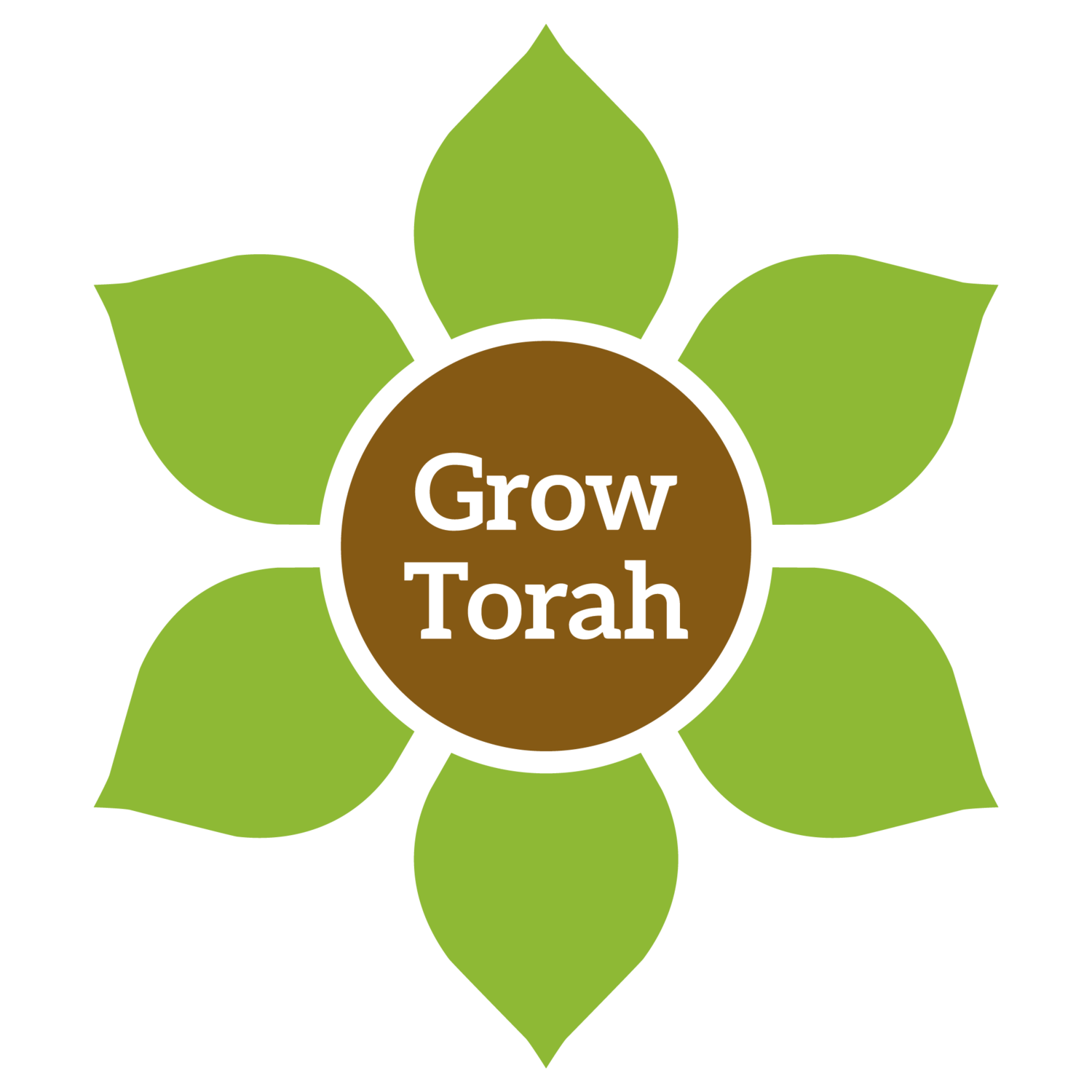Strawberry - תּוּת
Agricultural Information:
Family: Rosaceae
Scientific name: Fragaria × ananassa
The strawberry is a perennial herbaceous plant with a perennial root system. At times, the lower section of its stem is somewhat woody. The strawberry plant spreads out by sending out runners, long horizontal stems that grow from the main plant. At the end of each stem, a new root system forms. This facilitates producing new plants at any time, a process called vegetative propagation.
The strawberry that we eat is actually not the plant’s botanical fruit; rather, it is a thickening of the edge of the stem upon which the plant’s reproductive organs develop. The strawberry plant’s botanical fruit are the brown or green protrusions that resemble seeds on the red flesh, called achene. The edible part of the strawberry is called a pseudocarp, or false fruit.
Historical Information:
The strawberries we are familiar with today are the product of hybridization of several strains of wild berries, a process beginning more than 200 years ago in Europe. Wild strawberries were eaten well before this time and are mentioned in the scriptures under various names.
Halachic Information:
Tree or vegetable: As an herbaceous perennial, it is considered a vegetable and is not subject to the orlah prohibition.
Kilei zera’im & kilei hakerem*: Due to its classification as a vegetable, it should be distanced from other types of halachic vegetables, annuals, and grapevines.
Blessing: The wild strawberry variety is the subject of lengthy discussion by the posekim. Some maintain that since the plant is perennial, it’s blessing should be borei peri ha’eitz. However, the Shulchan Aruch rules that its blessing is ha’adamah. This is the accepted custom throughout the Jewish People.
Infestation: Due to its structure, insects often hide underneath the achene and thus are difficult to see. This entails extensive cleaning process before strawberries may be eaten.
Shehechiyanu (blessing for new fruit): Yeilds naturally from fall to spring, scarce in winter. Strawberries from the mountains (mainly Golan), in the regular market strawberries are not available year round. During the summer, only certain, inferior cultivars are sold. For these reasons, shehechiyanu should be said.
Shemitah (Sabbatical year): Since the strawberry plant is perennial, the sefichin prohibition does not apply to it.
*Kilei zera’im & kilei hakerem (interplanting – annuals & grapevines) generally do not apply outside of the land of Israel; the following laws apply only within the land of Israel.
Information about plants as they relate to torah and mitzvot has been generously provided by Mercaz Torah VeHa’aretz Institute.


